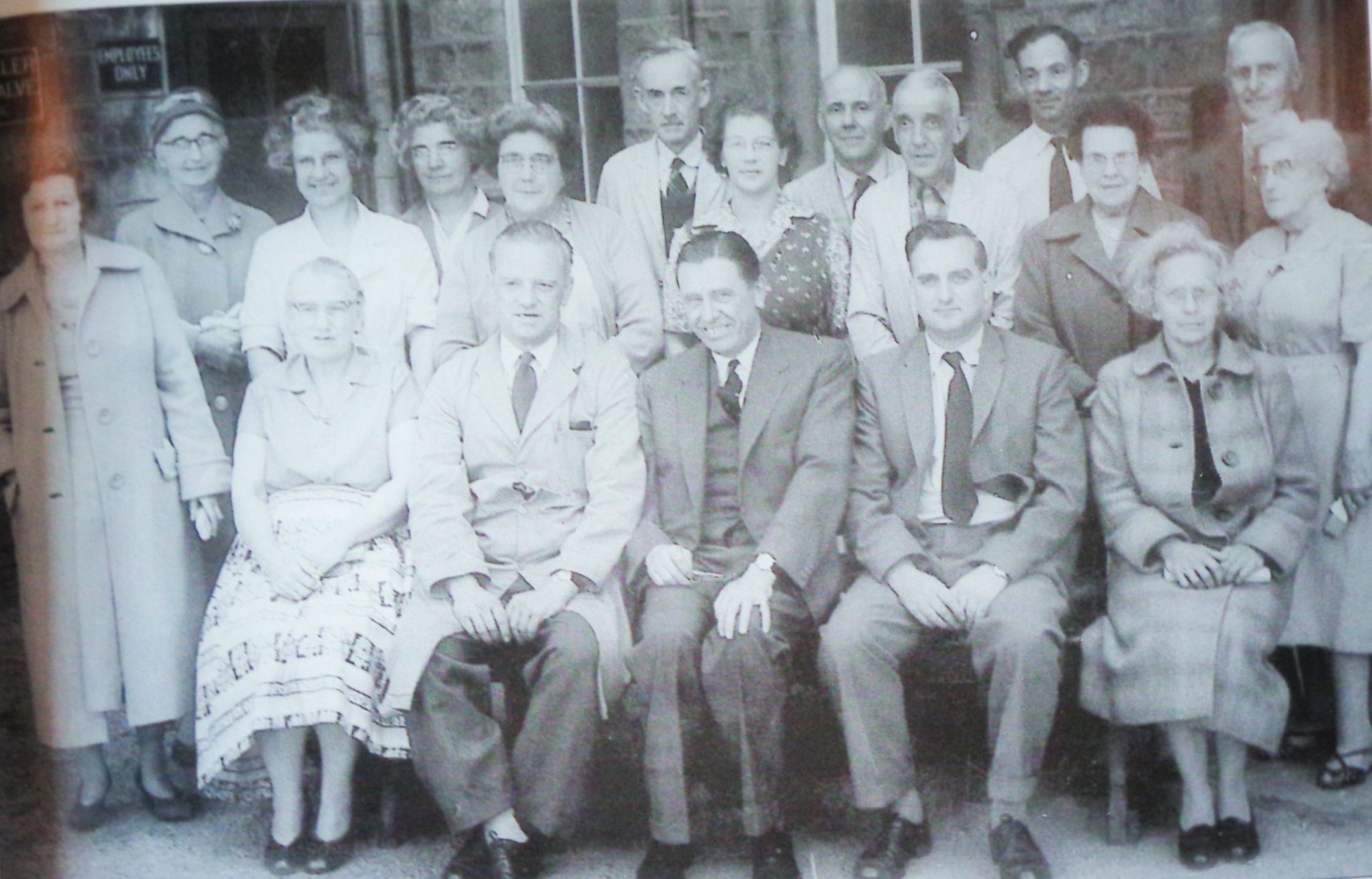
The four people left to right are:
Jack Whitaker, died 26th January 1915 aged 79.
Martha Dean (nee Hogarth) died 26th January 1940 aged 84
Thomas Dean, husband of Martha, farmer of Gibside, (son of Jonathan Dean and his wife Jane nee Cooper) died 11th February 1929 aged 74.
Ethel Dean, (daughter of Jonathan and Jane) married George Stirk, died 2nd January 1983 aged 94.
From the Hodgson Collection at Skipton Local Studies Library










